

Dead Space Ignition, in its very concept, is weird. Its functional existence is the same as Dead Rising: Case Zero – which is, for a mere five dollars, to serve as an appetizer to get people excited about the subsequent full retail game. However, while Case Zero provides an appetizer of actual gameplay from Dead Rising 2, Dead Space Ignition contains none of the gameplay we’ll see in Dead Space 2. In fact, it’s not even a survival horror game, but a choose-your-own adventure motion comic punctuated by hacking minigames.
Above: Better get to work fixing this broke-ass shit with my squiggle-claw... uh, I mean, my arm
The first minigame, Trace Route, is the best. It’s a side-scrolling racing game where you control a colored spark as it zooms past computer defenses in an attempt to get to the end before the computer’s competing sparks can. There are some creative “track” designs throughout, with interestingly shaped narrow corridors to navigate. You get to employ weaponry, of a sort: aside from your limited speed boosts, you can drop walls that snag the AI, or a reversal trap that swaps the AI’s “controls” which works like an oil slick. The races can get quite frantic and tense – you need good reaction time to respond to rapidly shifting obstacles, and you have to manage your limited weapons and not run out before the end.
Above: Trace Route is kind of like racing light-cycles from Tron
The second minigame, System Override, is almost completely pointless and feels like an unfinished idea that could have been cool. It’s like tower defense, but in reverse: a hexagonal grid is littered with different types of “towers” (although their individual functions, other than the detector towers, are unclear). Your job is to spawn different types of bots that navigate the gauntlet of towers on their own AI pathing toward the goal – get enough through the goal and you win. The problem is, there’s no strategy required. Literally every stage of Hardware Crack can be beaten by just mindlessly spamming the buttons in random order. That’s really all there is to it. Spam the buttons, then wait for your bots to win. We’re not really sure how this ever got approved as a “game.”
The final minigame, Hardware Crack, is pretty fun as a laser-reflecting game. A familiar trope to anyone who’s played an action-adventure game in the last twenty years, the idea is to set up mirrors to reflect laser beams in different directions to get them to hit receivers. You get limited mirrors to place, but you can also use splitters, which make a single beam divide into four beams, and you can remove a couple of existing pieces to make shortcuts. This minigame is the only one that truly qualifies as a puzzle game, but it does a decent job of it, with different colored lasers needing to be sent to their same-colored receivers, rotating mirrors that send beams in different directions every couple of seconds, and special receivers that require a combined color beam – you need to get both red and green lasers to go into a splitter to make a yellow beam.
Above: Here's Hardware Crack, the other decent minigame. It looks more boring than it is
So, out of three minigames, we have one good one, one decent one, and one totally pointless one. What about the relevance to Dead Space? Well, the motion comic that creates excuses for you to hack into all kinds of things is a bit of a mess. It’s ugly and cheap-looking, with an art “style” that looks like preliminary story boards rather than a finished product. It moves, slightly, but the characters’ mouths don’t move, which is initially distracting, although we got used to it. The dialogue is pretty bad, as is the voice acting. The big letdown, though, is that the story provides nothing significant to set up Dead Space 2. We’re supposed to see the initial outbreak of the necromorphs, and yet they just show up in a random hallway – there’s no explanation for how they got to the Sprawl. The really bizarre aspect of the multiple pathways through the story is that one of the characters is a completely different person in half of the story threads, and this difference isn’t explained and doesn’t make any sense. The final kicker is that we were promised four different endings, but it simply isn’t true. Every ending is exactly the same.
There are leaderboards for competing to get the best times in the three minigames, and there are players participating in them, so we guess people are getting some fun out of them. There is also local multiplayer for each minigame. Trace Route is even more fun against a human opponent, and what’s neat is that the tracks are different from those in single-player. System Override feels as pointless in multiplayer as it does in single, although it’s possible we were missing some element to make it fair – we saw what we expected, which was the player sending bots would have a massive advantage by just spamming buttons while the other player scrambles to set up towers. Inexplicably, the player that doesn’t need to use thought has their resources regenerate way faster than the player who has to think and place towers. Finally, the Hardware Crack multiplayer version was confusing at first, but proved at least initially interesting: it involves both players on the same board competing to get the most lasers into their receivers, which makes it similar to tic-tac-toe in that you must block your opponent by placing intervening mirrors.
Above: "Hey buddy, can you come fix my computer? It's full of porn pop-ups. Also, there's this half-human, slavering monstrosity sitting in my chair"
So it comes back to the question of, “How can you argue with five dollars?” Dead Space Ignition isn’t bad, but it’s a totally mediocre experience. So it’s not a question of the price, but rather how valuable your time is. You can play through the story mode once in about an hour. After that, if you want to see all four storylines, you have to slog through most of the same minigames until you reach the branches in the paths – but the weird thing is, you keep all of your upgrades from beating the game the first time. This means that every playthrough after that has you completely overpowered, making the challenge almost nonexistent and turning the games into perfunctory busy work until you get to the minigames you haven’t seen yet.
Even for hardcore Dead Space fans (which we are), skipping Ignition will mean missing nothing of import to the Dead Space canon. The one thing fans may not want to miss is the special suit you can earn for Isaac that will be useable in Dead Space 2, but until that game comes out, we won’t know what that suit does or if it’s worth getting.
Oct 15, 2010
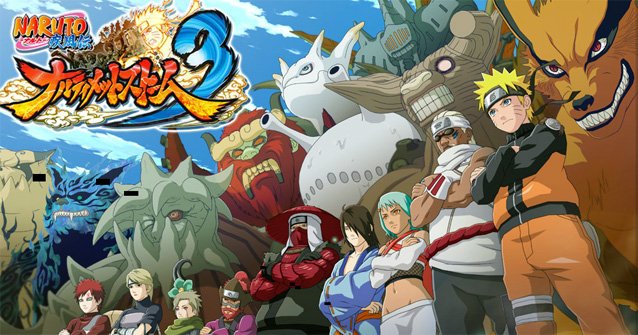

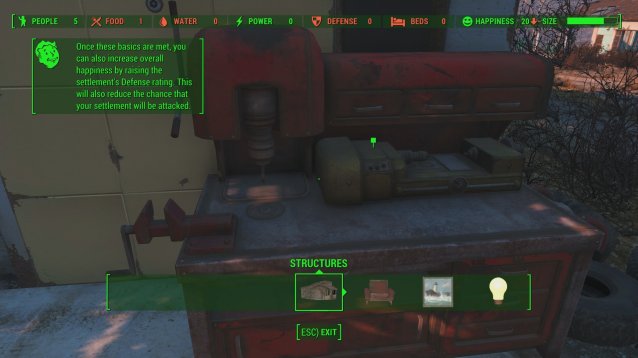
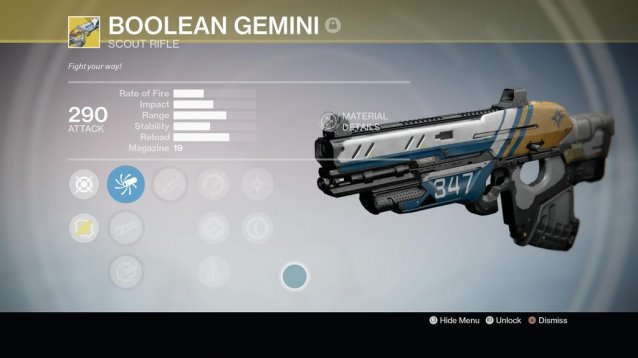
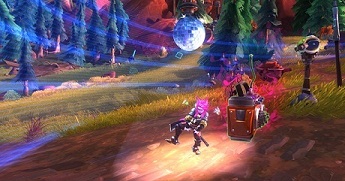 Wildstar Reloaded: All Emotes (funny animated)
Wildstar Reloaded: All Emotes (funny animated)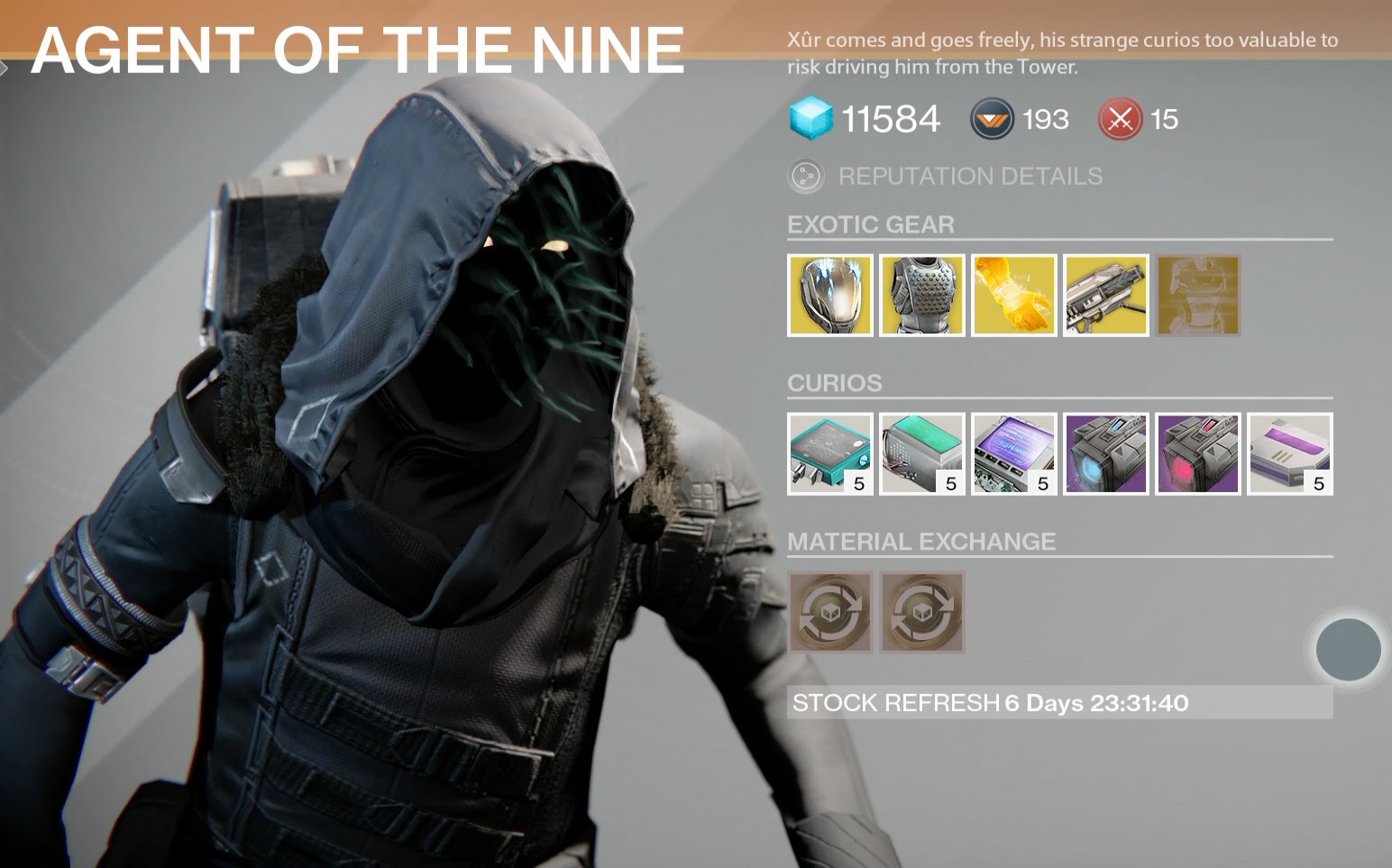 How To Increase Your Light Level In Destiny
How To Increase Your Light Level In Destiny Skyrim Dawnguard DLC Guide: Undead Horse, Auriel’s Bow & Achievements
Skyrim Dawnguard DLC Guide: Undead Horse, Auriel’s Bow & Achievements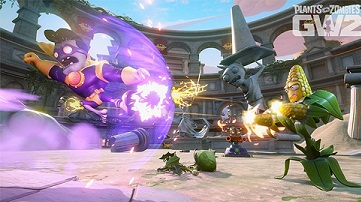 P vs Z Garden Warfare 2: classes and game modes overview
P vs Z Garden Warfare 2: classes and game modes overview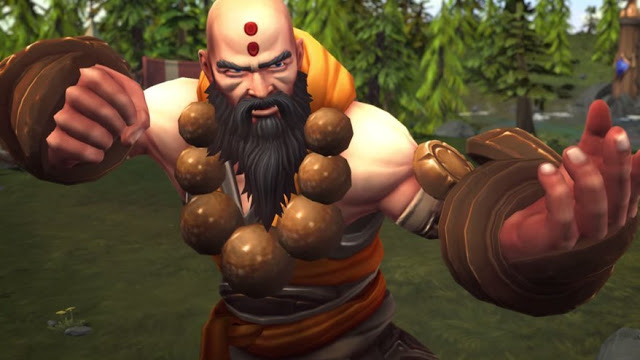 Heroes of the Storm: Kharazim, Leoric and the Butcher guide
Heroes of the Storm: Kharazim, Leoric and the Butcher guide